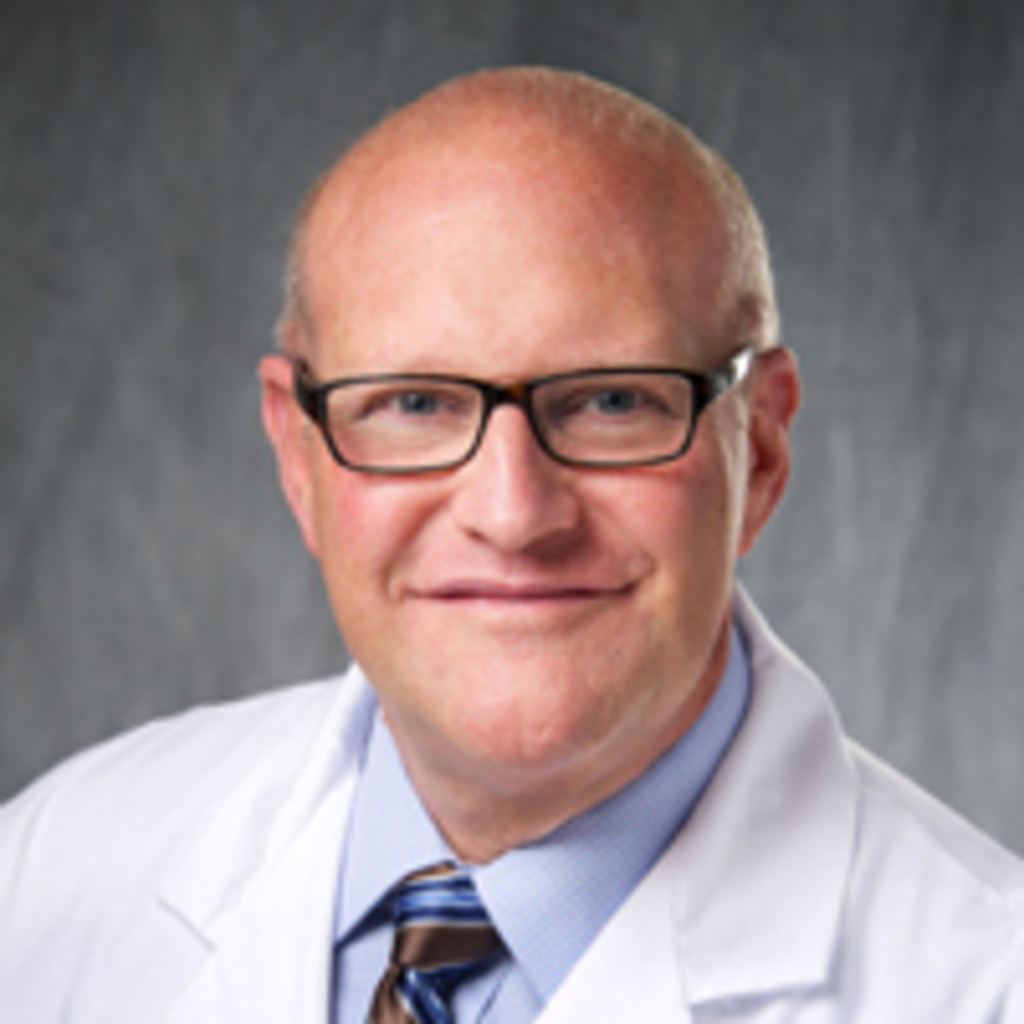Main navigation
Start Your Fellowship Here
Program Goal:
Fellows will develop a deep understanding of the pre-transplant evaluation and post-transplant management through a comprehensive didactic curriculum, weekly small group teaching sessions with program faculty, and transplant conferences.
Overview
The University of Iowa's Abdominal Multi-Organ Transplantation Fellowship is a two-year program accredited by the American Society of Transplant Surgeons. It includes including all aspects of adult and pediatric kidney transplantation, minimally invasive living donor nephrectomy, and multi-organ recovery. Each year, one fellow is accepted into the program.
- University of Iowa has been performing transplants for more than 40 years and was a pioneer in pancreas transplant.
- Fellows have opportunities to actively participate in pediatric and adult transplant.
- Fellows work with international experts in hepatobiliary surgery and liver transplantation.
- University of Iowa has a long-standing commitment to training of fellows interested in academic transplant.
Curriculum
In addition to clinical training, fellows participate in a variety of education experiences to further their education and exposure to transplant surgery.
Surgeries and procedures
Fellows participate in the following types of surgeries and procedures:
- Pancreas transplant
- Liver transplant
- Vascular access procedures
- Hepatobiliary surgery
The fellowship includes an extensive operative experience in the management of primary and metastatic hepatic and biliary malignancies, bile duct injury, and general surgery in patients after transplant.
Additional training opportunities
Fellows participate in a variety of educational experiences including our weekly Transplant Issues Conference including invited leaders in transplant medicine and surgery.
The Organ Transplant Center also directs the multidisciplinary hepatobiliary tumor board which meets weekly to develop plans for patients with primary and metastatic malignancy.
Additional training opportunities are available in the following areas:
- Transplant immunology
- Transplant infectious disease
- Pediatric transplantation
Rotations
All clinical rotations are conducted at the main University of Iowa Health Care and the attached University of Iowa Stead Family Children’s Hospital.
The transplant service includes recent transplant recipients, post-operative hepatobiliary surgery patients, and patients with complex liver conditions.
The service works collaboratively with the transplant medicine service which cares for waitlisted patients and transplant recipients without surgical issues.
The first year of the fellowship is dedicated to learning kidney transplantation and the second year to minimally invasive living donor nephrectomy, however, fellows participate in transplantation of all organs during both years.
Conference and Teaching Program
Abdominal organ transplant surgical fellows actively participate in numerous weekly conferences including the following.
- Transplant Issues Conference
- A multidisciplinary weekly meeting, including invited speakers examining the key issues facing transplantation
- Transplant quality review
- Journal club
In addition, there are weekly kidney and liver evaluation meetings, multidisciplinary hepatobiliary conference, and team rounds.
Fellows also join the Department of Surgery grand rounds and morbidity/mortality conference. Finally, the fellows have dedicated teaching hours weekly with Organ Transplant Center staff physicians and complete the ASTS Academic Universe curriculum.
Fellows complete required ASTS required in-service examinations.
Fellow Duties
Abdominal multi-organ transplantation fellows are responsible for all aspects of inpatient care on the transplant and hepatobiliary service.
Our fellows work with residents, medical students, and physician extenders to cover patients in the intensive care unit and transplant ward. Fellows participate in all transplant procedures, multi-organ recoveries, and living donor procedures.
The fellows have 2 days of clinic weekly in which they evaluate pre-transplant candidates and manage post-transplant complications. Fellows also assess hospitalized patients with decompensated organ failure and patients with complex surgical conditions. Duties include the care of adult and pediatric transplant recipients.
Duty Hours
Abdominal multi-organ transplantation fellows are directly supervised by one of four full-time transplant surgical faculty and work collaboratively with medicine faculty and fellows.
Overnight and on weekends primary call for transplant patients is covered by night float residents. Fellows are “on service” two weeks per month during which time they direct daily rounds and supervise residents and medical students. No in-house call is required, although fellows are expected to be available to night float surgical residents for questions.
On non-service weeks, fellows alternate organ donor recovery call with surgical residents and are guaranteed one weekend per month free of all clinical responsibilities.
Please refer to the ASTS website for details on duty hours and vacation using the link below:
Fellowship Managed Time Policy
The fellows are encouraged to work with the Iowa Donor Network for procurement opportunities.
Research
The Organ Transplant Center at the University of Iowa has active research programs in kidney transplant, transplant health services research, transplant economics, and transplant immunology.
Fellows are encouraged to participate in clinical research projects and expected to prepare at least one clinical or review manuscript prior to graduation.
Fellows seeking a dedicated laboratory experience can be accommodated with an additional year of training.
Major areas of research
- Health services research
- Transplant economics
- Transplant immunology
- Genetic determinants of renal disease and risk of recurrence
- Cholangiocarcinoma and other primary hepatic malignancies
Honors and Recognition

Alan Reed, MD, MBA
Alan Reed, MD, MBA, professor and chief of the division of transplant and hepatobiliary surgery, serves on the American Society of Transplant Surgeons leadership counsel and was former chair of the Membership and Professional Standards Committee for UNOS
David Axelrod, MD, MBA, FACS
David Axelrod, MD, MBA, FACS, clinical professor of surgery and surgical director of kidney/pancreas and living donor transplant, is the Chair of the ASTS Standards committee, former chair of the Business Practice Committee and creator of the Leadership Development Program. He is an editor for AJT, Current Transplantation Reports, and previously for Liver Transplantation. He has NIH funding for health services research in transplantation and has worked with industry to improve post-transplant monitoring.